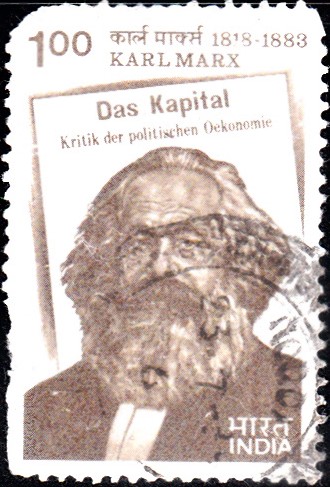
India on Karl Marx
A commemorative postage stamp on the Death Centenary of Karl Marx and his book Das Kapital, a foundational theoretical text in materialist philosophy, economics and politics :
 Issued by India
Issued by India
Issued on May 5, 1983
Issued for : Indian Posts and Telegraphs Department is happy to issue a commemorative stamp on Karl Marx on his one hundred sixty fifth birth anniversary.
Description of Designs : The stamp, designed by India Security Press, shows Karl Marx with his book ‘Das Kapital‘. The first day cover depicts the Monument of Karl Marx in Highgate Cemetery, London. Both first day cover and cancellation have been designed by Jai Zharotia.
Type : Stamp, Postal Used
Colour : Dark Brown
Denomination : 100 Paise
Overall size : 4.06 x 2.73 cms.
Printing size : 3.71 x 2.38 cms.
Perforation : 13 x 13
Paper : Unwatermarked P.G. matt coated paper
Number printed : 20,00,000
Number per issue sheet : 40
Printing Process : Photogravure
Printed at : India Security Press
Name : Karl Marx
Born on May 5, 1818 at Trier, Kingdom of Prussia, German Confederation [now Trier, Rhineland–Palatinate, Germany]
Died on Mar 14, 1883 at London, England, United Kingdom
About :
- Karl Marx (born 5 May, 1818 at Trier, Germany) was the son of a lawyer, Heinrich and his wife Heneriette. He had early education at Trier. In 1835, he joined the law faculty at Bonn University and ultimately took law degree from Berlin University in 1836. In 1841, he obtained the doctorate in philosophy from Jena University. His thesis was on, “The difference between the Democritean and the Epicurean philosophy“. He was at first a young Hegelian.
- He started his career as a journalist in Rheinische Zeitung and later became its chief editor. He met Engels in 1844 who became his closest friend and life-long collaborator. In 1843, he married Jenny Von Westphalen from a family of Prussian nobles. He left editorship of Rheinische Zeitung and migrated to Paris and started publishing German-French Yearbook in 1844. In 1845, he was expelled from Paris at the insistence of German Government for has writings on Silesian weavers uprising. He then moved on to Brussels. In 1845, the first joint work of Marx and Engels The Holy Family appeared.
- In 1846, Marx and Engels set up Communist Correspondence Committee in Brussels. They completed the German Ideology. In 1847, he joined the League of the Just and held the first congress of the Communist League in London. His work The Poverty of Philosophy appeared at this time. He was elected Vice-President of the Brussels Democratic Society. In 1848, he published the programme of the Communist league, Communist Manifesto, hailed as birth certificate of scientific socialism.
- Marx now started Neue Rheinische Zeitung and became its chief editor. He took active part in organising democratic upsurge in Vienna, Frankfurt and Berlin. He was tried and deported from Germany, came to Paris and after being expelled from there emigrated to London where he lived till death. He kept close contact with all revolutionary movements including the Paris Commune of 1871.
- He keenly observed the Indian developments. His despatches on the great Indian revolt of 1857 in New York Daily Tribune, his Notes on Indian History and other writings and his scientific prognosis of British rule reflect his deep understanding of the Indian Society and the changes brought about by the British.
- In 1864, he founded the International Working Men’s Association, known as First International. In 1867, appeared the first volume of his magnum opus Vol. I of The Capital (DAS KAPITAL) in Hamburg.
- He along with Fredrick Engels founded the theory of scientific communism, enunciated the laws of Dialectical and Historical Materialism and discovered the theory of surplus value.
- He died in London on March 14, 1883 and buried in Highgate Cemetery.


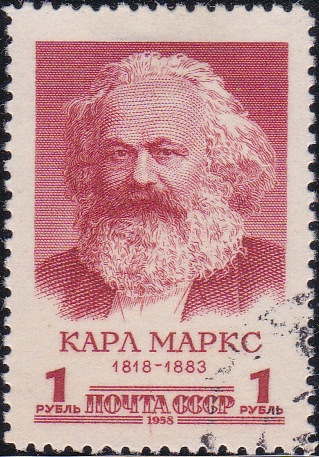
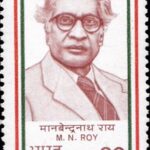

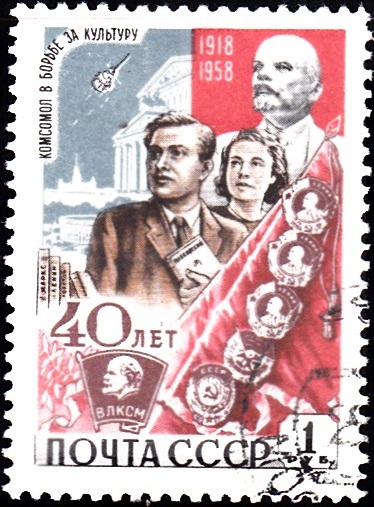
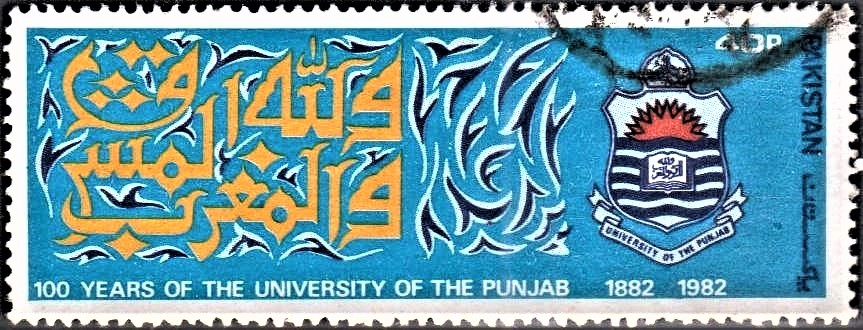
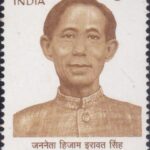
[…] of Gandhiji. As a man of the masses, he admired the radical economic and political teachings of Karl Marx also. Serving as the general secretary of the social organisation Sree Narayana Dharma Paripalana […]
[…] Jayaprakash Narayan was born on 11th October 1902 in his ancestral home at Sitabdiara village in Bihar. After his early education at home, he shifted to Patna for higher education. He left Patna College in 1921 in response to Mahatma Gandhi’s call for non-cooperation. In 1922, he sailed for the United States for higher education. He joined the University at Berkeley (California) and worked hard to pay for his needs. From Berkeley he moved to Iowa State University and later to the Universities of Wisconsin and Ohio. He took his Master’s degree in Sociology from the University of Ohio. During his seven years’ stay in America, he drank deep at the fountain of Dialectical Materialism to become a thorough Marxist. […]